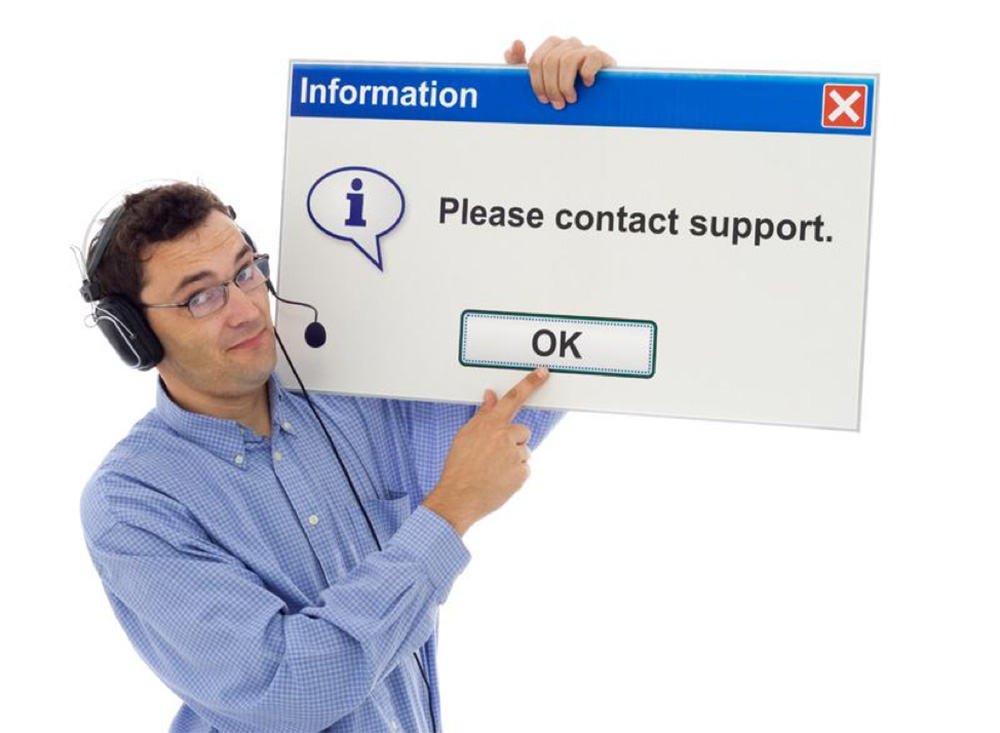It’s hard to believe that so many of us are still so bad at using the internet safely given just how much time we all seem to be spending online these days. In fact, according to Ofcom, the average Brit is spending one full day per week – 24 hours – on the internet, which is truly astonishing.
Amongst the most common things we do online – after scrolling through our social media feeds and looking up pictures of cute animals – is shopping, and that comes with its own specific set of pitfalls that ought to be avoided.
That said, though, if we remember a few simple things, it isn’t hard to change our habits and make the time we spend online far more productive, safer and enjoyable as a result – here are 3 of the most important things to remember the next time you’re surfing the web.
1 – Don’t save your card information online
The internet has so many shortcuts built in that it’s easy to get lazy online, and that’s where mistakes creep in. One option most retail sites will now offer is the chance to save your preferred card details to their database to make it faster and easier to get through the shopping cart the next time you fancy picking something up.
Convenient? Massively so… but it’s also a hacker’s dream. While the websites and retailers themselves are trying to be as safe and secure as possible, there’s little they can do if a talented enough hacker decides they’re coming for their information. If they’re successful, your bank details will be in the hands of someone they ought not to be.
The last thing anybody wants is to go through the hassle of dealing with the fraud department at the bank. That’s because it can take time to replace the money stolen, which may affect your monthly budgets and make times tougher than they need to be. So next time, perhaps, just take the extra time to type that long number in all over again.
2 – Using the same password on every website
Something more of us are likely guilty of than we’d care to admit, using the exact same password – or pretty much the same basis for it – across every account and website we join is essentially creating a master key for our entire lives online.
While in the past it was probably the smartest option, these days, there are ways to keep yourself safe and secure without having to remember hundreds of different complex password combinations.
Password managers are fantastic tools that manage your access to every account you hold, giving you long, complex, difficult to break codes unique to each account. They’re all saved in one safe space, so that you don’t have to worry about your bad memory costing you.
3 – Beware of public Wi-Fi
We’ve all been there: stuck in a café or restaurant with no reception, with a Wi-Fi hotspot offering an hour of free access as our only chance to get back online. There really is no avoiding them sometimes.
However, you should be careful about what you’re accessing when you’re using those connections, because there’s no telling who else is on them, and what exactly they’re doing. So rather than get your online shopping done there, or rather than send that information-heavy and sensitive email right at that second, wait until you get home – because you never know who’s watching.










